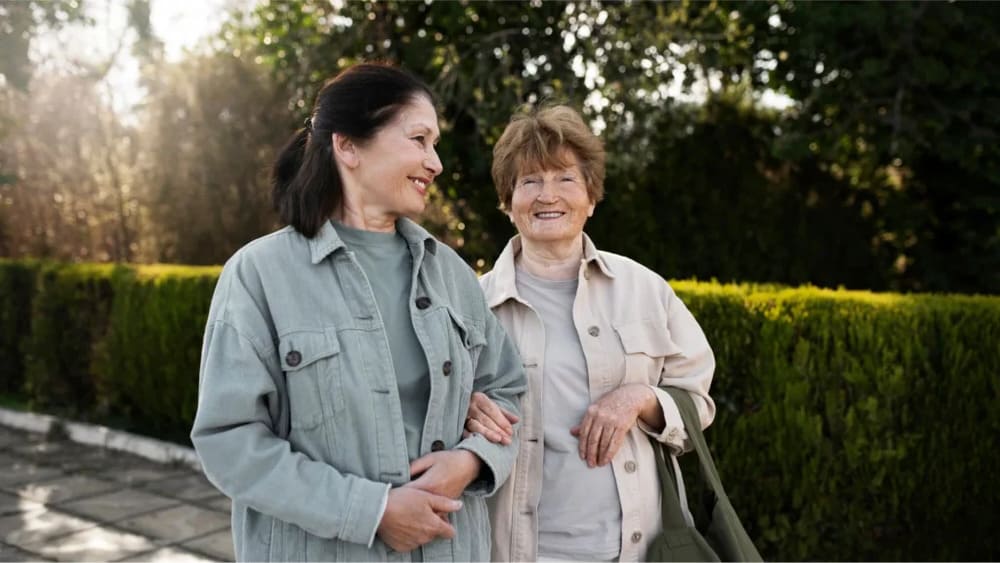Comfortable living &
compassionate care
-
Working with major
insurance companies -
Available to chat with
you 24/7
Welcome to Harmony Care
Experience peace, privacy, and the lifestyle you deserve in our exclusive, welcoming community.
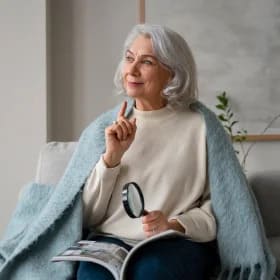
Independent Living

Assisted Living

Memory Care

More than a care home
A serene atmosphere of love, peace, dignity & security
We know the importance and emotion that is placed on making the decision to move to a care home, either for yourself or for the one you love. Our homes are warm, welcoming and beautiful. Our individually tailored approach for each Resident ensures the very best care for all needs.
What we offer
Explore the full range of services designed to enhance daily life, support health and safety, and foster community connection.
Community
Residences
Care & Support
Chef-crafted Meals
Housekeeping & Linen Services
24/7 Emergency Response
Dedicated Memory Care
Transportation Services
Our homely facilities
You will love our locations
- 36 Spacious, Comfortable Bedrooms;
- In-Room Call Button;
- Engaging Activities Room;
- Elegant Dining Room;
- Two Cosy Lounges & a Garden Suite;
- Accessible Lift for Easy Movement.

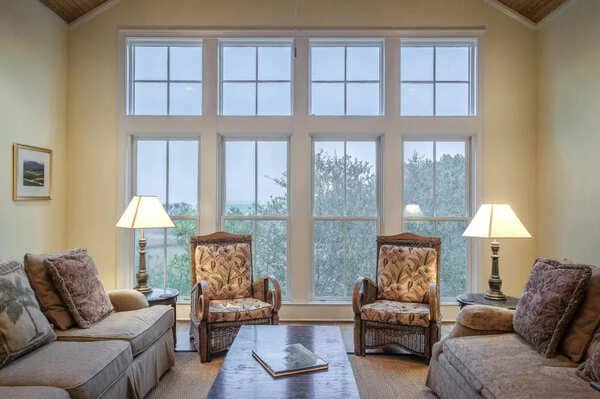
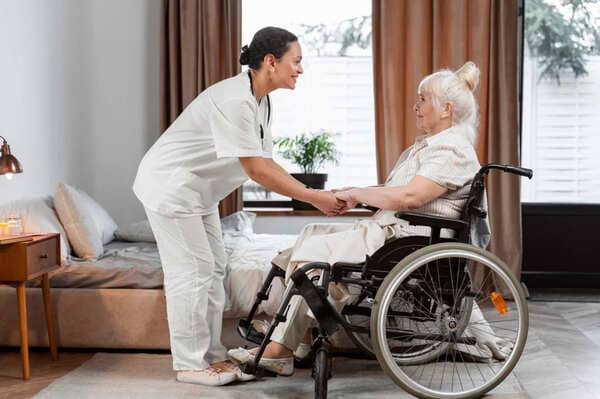
Your steps to finding care
Step 1.
We connect with your family, doctors & other providers
We’ll learn about your health history and more.
Step 2.
Complete a wellness & lifestyle assessment
Each resident shares things they love, don’t love and lifestyle goals. Every care plan also comes with a physical therapy evaluation.
Step 3.
Review the plan
We then share a plan that focuses on each resident’s strengths and provides support in the areas they need most.
Step 4.
Move in & enjoy your life
We’ll coordinate with you to get you settled in your new home while you take in the views of the Santa Monica Mountain with a new friend.
Hear from our residents





Harmony Care in numbers
Book a viewing
If you and your loved ones would like to know more about Harmony Care Home, book a visit today.
Common questions about senior care
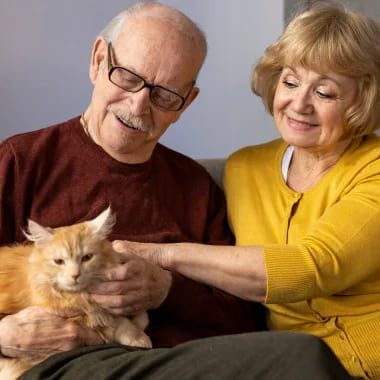
Lorem ipsum dolor sit amet, consectetur adipiscing elit. Ut elit tellus, luctus nec ullamcorper mattis, pulvinar dapibus leo.
What safety measures are in place for residents?
The comfort and safety of all members are of paramount importance to us. All residences are access-controlled with 24-hour onsite security.
Is there an age requirement for residency?
The minimum age requirement for a nursing home varies based on the facility, but most only admit residents aged 62+. Moreover, there are laws and regulations governing nursing home admission, so it’s crucial to determine if this type of care is needed
May couples live together in a residence?
Yes, spouses can live together in some assisted living facilities. Each one determines if they allow or do not allow, so always check ahead of time. However, having your parents bunk together in an assisted living room. Many couples, especially as they get older, rely on one another for companionship and support.
Are pets permitted in assisted living residences?
Yes, but most assisted living communities have requirements and some restrictions. At an SLR community, our Pet Agreement lays out all the details. The most important requirements are that your dog or cat must be licensed, neutered/spayed, and have up-to-date vaccinations.
What types of floor plans are available?
There are four basic types of floor plans: open floor plans, closed floor plans, modular floor plans, and hybrid floor plans. Open floor plans are perfect for families who want to be able to interact with each other while they are cooking or relaxing in the living room.
What type of memory care will residents receive?
Various types of care facilities can support people with Alzheimer’s disease. Nursing homes are suitable for people who need specialized, ongoing care from medical professionals. However, a nursing facility may not be the right option for every person or every stage of the disease.
How will I know if memory care is right for my loved one?
Here are some of the signs it may be time to consider memory care: Your loved one has trouble with hygiene and basic self-care. Your loved one is no longer able to leave the home due to unpredictable behavior. Your loved one has become increasingly agitated or aggressive due to dementia.
